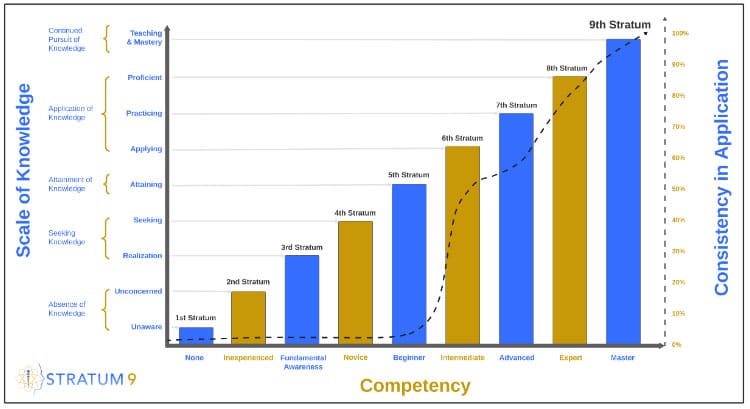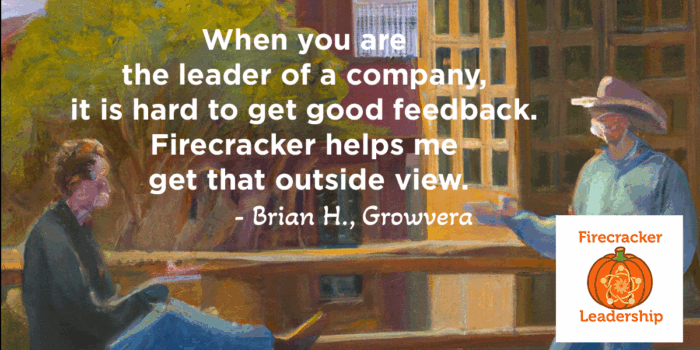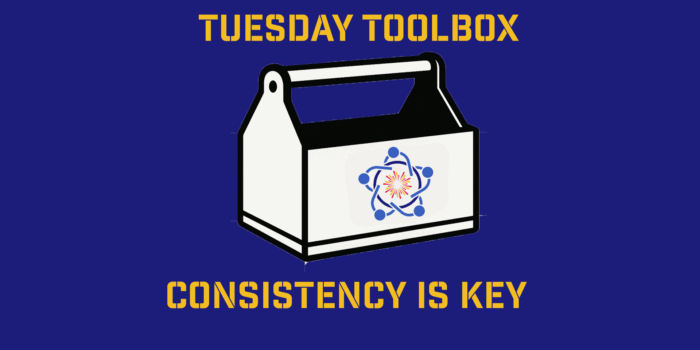Information overload? The answer is to slow down.
These days, more than ever, we are bombarded daily with information about mindset, leadership, emotional intelligence, goal setting, career skills and personal health and mental well-being practices. Day after day, we watch reels and stories, and we read articles, charts, and graphic descriptions of things we can do in order to improve. At some level, our subconscious is processing this information like drinking from a fire hose, and we may feel smarter and more knowledgeable—but are we truly improving?
Although we may believe we are improving because we learned something new, what are we doing to practice the skills, tactics, and advice that we take in each day? Are we truly learning, or do we just think we are learning, only to find ourselves defaulting to the same behaviors that we are accustomed to—thinking we are better but, in reality, remaining the same or getting worse.
In the book The 9th Stratum, I outline a performance-based learning scale that is easy to use and helps individuals self-assess and take steps to advance skills in order to improve and reach the operating level of high performance. As you can see in the “9 Stratums of Performance” chart below, each Stratum is a step along the pathway to high performance. Each step is not a grade, nor does it denote good vs bad. The 9 Stratums are a self-reflective scale that helps individuals analyze where they are in the learning, application and competence of any skill they choose.

Despite our daily influx of media teaching us ways to be better, without practice we become perpetually stuck in the 5th Stratum–only learning without applying.
Some refer to this as crossing the knowing-doing gap, others relate it to standing on the edge of a diving board but never jumping in. Whatever the correlation, it is hurting your performance while feeding your ego with the “I know therefore I am” mentality.
Break the performance ceiling by taking these 3 steps:
- Slow down your intake.
Focus on a specific skill or lifestyle behavior that you want to improve. Save or put aside others that may interest you for now, until you have attained a level of competency in what you are focused on. - Learn the basics, then apply.
Do not try and jump levels of competency by trying to apply an advanced technique or you will be sure to make errors, lose confidence, and regret your decision. Instead, begin with the basics and look to apply those in real life. Although your confidence will be shaky at first, trial and failure are your two best friends when it comes to high performance, so push through your discomfort and try, try, try until you succeed in application. This is where true learning begins. - Ask for help.
When attempting to bring new knowledge into practical applications in life, let others know that you are working on improving. If you err or are messy at first, own it. The support you will receive from others may surprise you, and you will gain genuine feedback each time you attempt to apply new skills, which helps to fine-tune your competency.
Taking the jump from the 5th Stratum to the 6th Stratum is the only way to attain true personal growth and improvement in a skill. Understand that you are doing something for the first time will become your power, and the butterflies you feel will evolve from fear to excitement.
Reaching the 6th Stratum and applying what you learned may seem like ripping off a Band-Aid, but the accelerated growth and learning you will attain through trial and error of application will propel you to higher Stratums until you hit the 9th, where you become a performance leader and are then teaching others.
Written by Aaron Salko.



